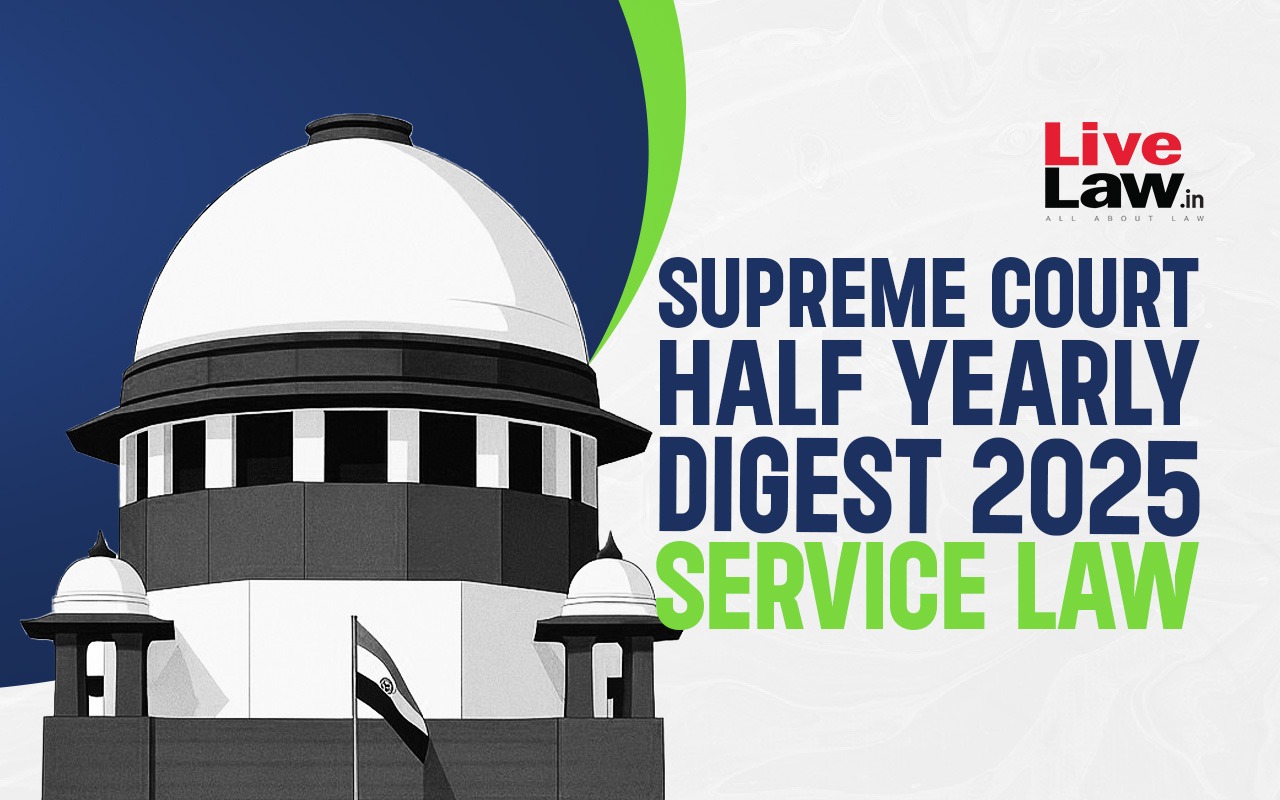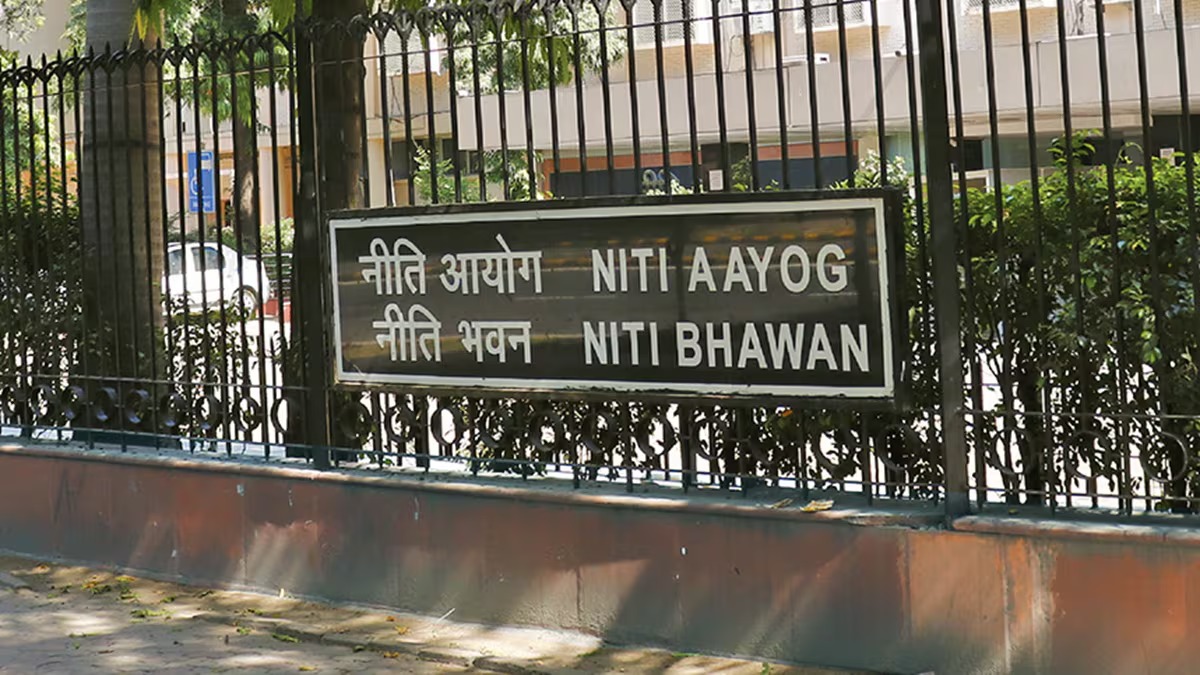The Supreme Court of India’s Half Yearly Digest 2025 highlights significant judgments impacting service law, addressing crucial aspects such as time-barred claims, executive authority, judicial service conditions, pay revisions, and promotion norms. These rulings provide clarity and guide future service jurisprudence.
The latest digest consolidates landmark rulings from the first half of 2025, elucidating procedural and substantive issues pivotal to government employees, judiciary members, and administrative authorities. It reflects the Court’s robust interpretation of service laws under the Administrative Tribunals Act, Constitution, and judicial service frameworks.
Notable Updates
Time-Barred Service Claims: Filing a belated representation cannot revive a time-barred dispute; grievances without formal orders require representation within a reasonable time to initiate cause of action.
Executive Rule-Making Authority: The principle of functus officio applies only to judicial/quasi-judicial forums and not to executive rule-making powers, ensuring governance flexibility without mandatory prior hearings.
Judicial Service Reforms: Increased posts for District Judges and service condition committees mandated; arrears payment and regular grievance redressal mechanisms emphasized.
Promotion and Service Norms: LDCE quota expanded from 10% to 25% for higher judicial service; qualifying service reduced; advocates’ practice reinstated as eligibility criterion; suitability assessed on multifaceted parameters.
Pension Uniformity: The Court upheld 'one rank one pension' for High Court judges, ensuring equity regardless of appointment mode or date, reinforcing constitutional equality.
Major Takeaways
The Supreme Court reinforces the importance of timely administrative remedies in service disputes.
Judicial reforms emphasize institutional mechanisms for service condition improvements and arrears compliance.
Executive authority is protected from rigid procedural constraints, maintaining policy-making efficacy.
Promotion criteria are modernized to promote meritocracy and expedite career progression within judicial services.
Pension rights affirm constitutional guarantees, reducing anomalies in retirement benefits.
These rulings collectively strengthen the legal framework protecting service and employment rights in governmental and judicial sectors, fostering fairness, transparency, and efficiency.
Sources: LiveLaw, Supreme Court of India Judgments, Administrative Tribunals Act 1985, Constitution of India Articles 142 & 245







